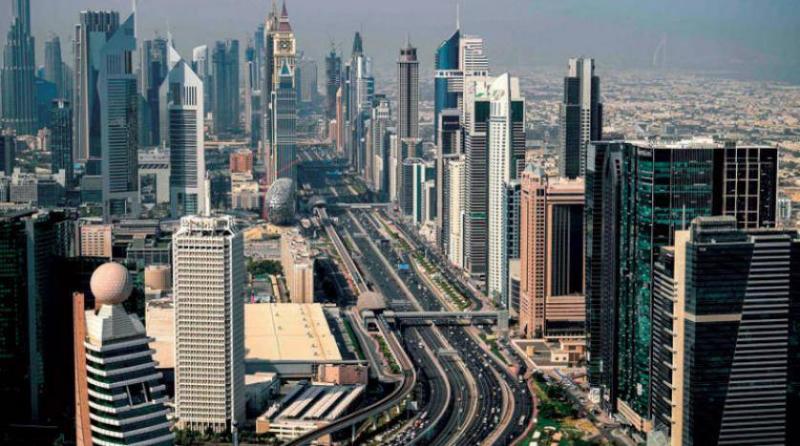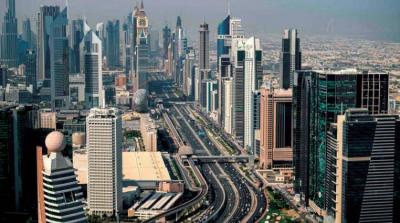The UAE, one of the largest donors in the world, continues to support global efforts to combat the COVID-19 pandemic. Since the onset of the pandemic, it has launched global initiatives, guided by its leadership inspired by the late Sheikh Zayed bin Sultan Al Nahyan, who laid the foundations for charitable and humanitarian work since the establishment of the state over half a century ago. This support exemplifies the country's commitment to fighting COVID-19 during the Global Fundraising Conference held last May, which aimed to raise over €7.5 billion to increase testing, expand treatment, and invest in vaccine development to reduce the spread of the virus.
The UAE's humanitarian support is not tied to the political orientations of recipient countries, geographic location, ethnicity, color, sect, or religion, but prioritizes the human aspect represented by the needs of people, alleviating poverty, eradicating hunger, building developmental projects for those in need, and fostering relationships between donor and recipient countries to achieve sustainable development goals.
This humanitarian policy reflects the UAE's practical application of a culture of tolerance and moderation, which has been established as a sustainable institutional practice aimed at enhancing and deepening values of tolerance, dialogue, acceptance of others, and openness to different cultures. This has garnered international commendations, adding to its rich humanitarian record and enhancing its standing on the world stage.
Among the prominent actions taken by the UAE to support global efforts against COVID-19 are:
Vaccination distribution: Under the directive of His Highness Sheikh Mohammed bin Rashid Al Maktoum, Vice President, Prime Minister, and Ruler of Dubai, and in support of the COVAX initiative launched by the WHO aimed at equitable distribution of around two billion COVID-19 vaccine doses in 2021, Dubai recently launched a new global initiative leveraging the expertise and capabilities of Emirates Airlines, DP World, Dubai Airports, and the International Humanitarian City to transport, store, and expedite vaccine distribution worldwide, particularly focusing on developing countries that have been severely impacted by the pandemic and face challenges in transporting and distributing medical supplies.
The International Humanitarian City is the largest gathering of humanitarian organizations in the world, based in Dubai, and is also a key partner in the vaccine transport initiative, utilizing its extensive expertise in humanitarian logistics to transport relief supplies, such as food and medicine, in markets with limited infrastructure. It has partnered with Emirates SkyCargo on several humanitarian shipping missions and signed a memorandum of understanding in 2020 to document cooperation on humanitarian aid flights.
In a related context, DP World announced a large-scale partnership with UNICEF to support the distribution of COVID-19 vaccines and related medical supplies in low-income countries and the lower tier of middle-income countries. The agreement between the two parties is the largest of its kind to date, valued at millions of dollars, and aims to support UNICEF's leading role in procuring and supplying two billion doses of COVID-19 vaccines and additional immunization supplies on behalf of the COVAX initiative.
Emirates SkyCargo has over twenty years of experience in transporting medicines worldwide. The global leader in air transport of temperature-sensitive medications, including vaccines, has developed extensive infrastructure and capabilities for the safe and swift transport of temperature-sensitive pharmaceuticals.
Etihad Cargo, the logistics and freight operations arm of Etihad Airways, announced a five-year memorandum of understanding with UNICEF to support the organization's humanitarian air cargo initiative, aimed at backing global efforts to distribute COVID-19 vaccines, essential medicines, medical equipment, and other necessary supplies to combat the spread of the disease, as well as managing various needs, thanks to the expertise of its specialized team in responding to the impacts of the COVID-19 pandemic. UNICEF's humanitarian air cargo initiative encompasses a consortium of global airlines operating in over 100 countries worldwide, aimed at supporting the international COVAX initiative for the equitable distribution of COVID-19 vaccines and providing an effective mechanism to enhance international logistics preparedness for long-term health crises.




